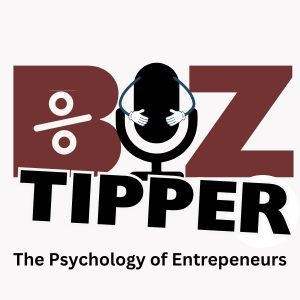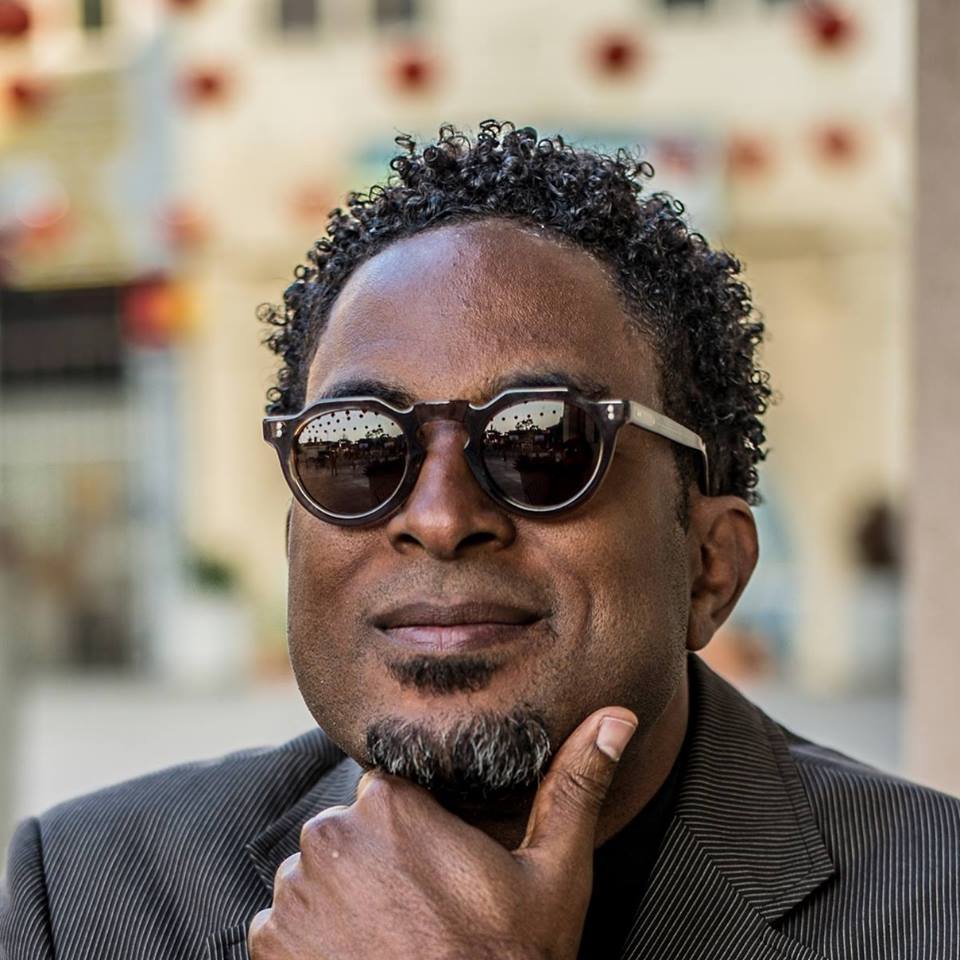
Successful people are at their best when they, constantly reinvent themselves, step boldly, surround themselves with the best people and use their previous leverage to cross a new bridge. Dexter Story is no exception. I’ve known him for about 17 years. He’s hard working, dedicated and wise beyond his years and his quiet demeanor is intrinsic of the creative ebb that is now evident in his great premiere project Wondem.
He could have easily sat back and relished pictures and memories from his extended industry resume working for some of the most well-known and successful industry people but instead, he decided to dig deeper and extend his roster of industry experiences to include what drives his OWN personal goals the most. I greatly commend, admire and respect people like him and hope that by posting these stories others can be motivated to. The quote from his story (below) is stellar.
“I’m miserable and unmotivated doing something that doesn’t speak to me. It’s a waste of my limited time on this planet.”
KEVROSS: Give us some detail on your background in the music industry?
DEXTER STORY: I grew up in Los Angeles listening to the Big Band/Bebop jazz that my Dad loved and the Stax and Motown soul that my Mom enjoyed. I knew I wanted to be a musician early on and started playing an assortment of instruments during grade school in Los Angeles. My parents were supportive and bought instruments, a couple of microphones and Teac tape machines so I could multi-track record songs early on. I was working at a music store in Inglewood, CA called Amendola music when I met some church/R&B musicians who hired me to play guitar and occasional drums in their band. I was 15 or 16.
KR: When I met you, you were working for the labels. What happened after you left?
DS: I began to work behind the scenes of the music industry. My brother Tim and I had a group that got a demo deal with Ken Komisar at Sony. I produced some early Tyrese demos and my bro was a rapper with Ice T’s Rhyme Syndicate. When Sony declined to sign us, I asked our manager to help us find some interim work and shortly thereafter worked as a production assistant for the legendary R&B Live under Ramon Hervey and Bill Hammond. I was also a paid intern for BMI around that time.
KR: So you have always been a musician. Why were you suppressing the desire to perform for a career in the background instead?
DS: I started a family so I clicked into hustle mode to provide for them. I wasn’t making enough income as a musician/producer but I knew I didn’t want to stray too far from music so I started working in record label promotions and marketing. After R&B Live and BMI, I went to work for Ernie Singleton at Fully Loaded Records, then Garnett March at Priority Records and then Kevin Liles at Island Def Jam. After leaving New York, I dabbled in artist management as well and worked as Talent Buyer at the legendary Temple Bar in Santa Monica for three years. Around this time, I started plotting my return to playing, producing and composing music full-time.
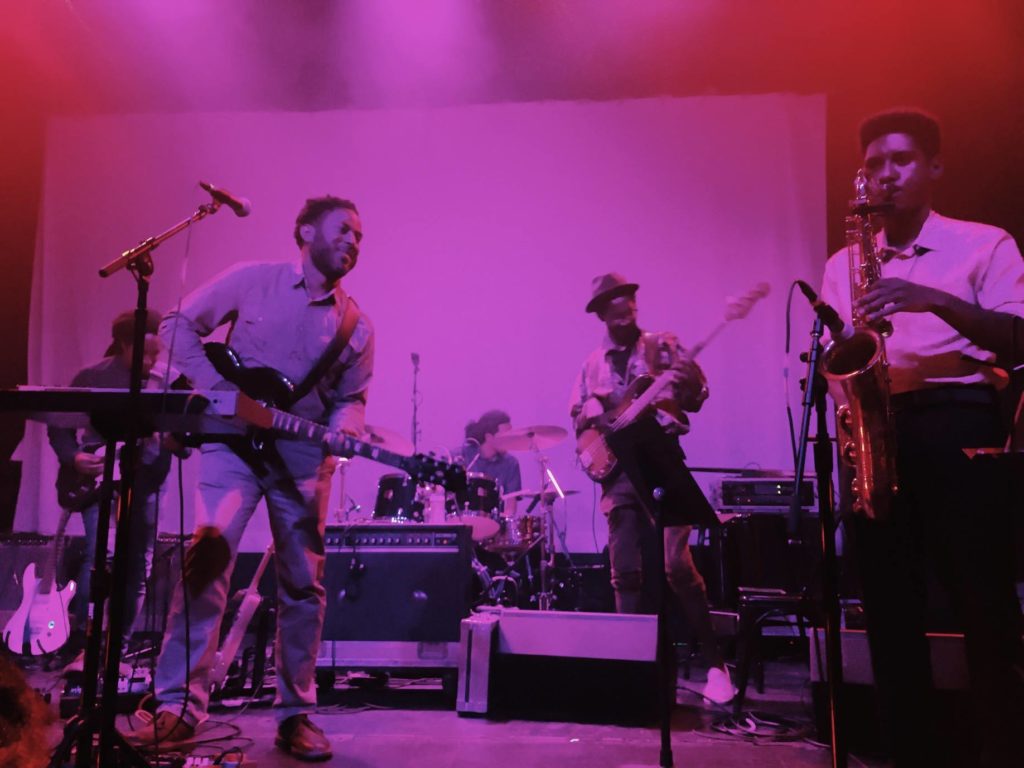
KR: What did you learn from the music industry that benefits you most as an artist?
DS: I learned the importance of teamwork and loyalty while working under those executives. The music industry is about networks and relationships. As much as I prefer keeping to myself, I now force myself to collaborate and be with people. When I look back on my favorite music from the 70’s, I realize that there were many specialists involved in the process of bringing a hit record to the public. My music would not happen were it not for my team, colleagues and the fans.
KR: Tell me about Wondem? How did it come about and what is the composition?
DS: Wondem is a personal exploration. It is a body of work I started developing while performing with a local Ethiopian jazz ensemble. I experimented with indigenous East African modes and rhythms and suddenly it felt natural. I let my co-producer and friend Carlos Niño hear the collection of songs and he thought it was complete. Soundway Records in the UK released the album October 2015 thanks to the early support of Miles Cleret, Brian Cross, Todd Simon and Will Holland (Quantic).
KR: Have you also started a label? Tell us about that?
DS: No plans for a label just yet although I am starting to manage a composer/arranger/musician named Miguel Atwood-Ferguson.
KR: Are you going to remain independent?
DS: I think that my music is better supported by a smaller passionate group than a larger machine. I have no problem with the majors and Coachella and a corporate infrastructure but I would rather focus on more intimate vehicles for the distribution of what I do. We all have a “space to fill” as Prince sang. I’m confident that it will grow from there if God’s willing.
KR: What inspired you at this stage of your life to pursue your true passion?
DS: It’s hard to ignore one’s true passion. I hope I can be an inspiration to someone to acknowledge their own greatness at whatever age and stage. I’m miserable and unmotivated doing something that doesn’t speak to me. It’s a waste of my limited time on this planet.
KR: Were you hesitant or more persistent?
DS: I like to think that I am persistent but I have days when I need to call a friend for encouragement. I am a work in progress.
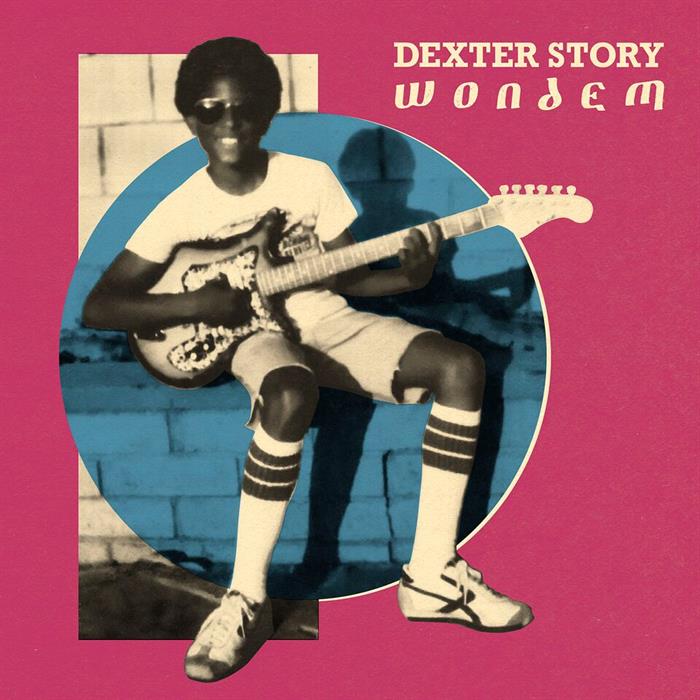
KR: Define your group’s name “Wondem?”
DS: Wondem means “brother” in Amharigna, Ethiopia’s national language. The name spoke to me and encapsulated my relationship to the African diaspora. The band is not all brothers and there is a sister in the current version of Wondem.
KR: How would you categorize Wondem or do you prefer not being boxed in?
DS: Wondem could be called original African music. It borrows from the sounds I’ve heard over the years coming out of the continent, North to South, East to West. It is interesting to be an African American composing music inspired by Africa. There are many amazing African hip hop, soul and jazz artists. I guess I am living a sort of boomerang effect. My intention is to do justice to the incredible legacy of music that comes from the continent. I catch myself worrying that my music is being regarded as appropriation but then I snap out of it. I am simply part of the eco-system of amazing art centered around Africa. I am humbled that the Wondem album did as well as it did, reached people from all over the world.
KR: What made you decide to go all the way with the project?
DS: When I listened back to it and it started to move me, excite me. I had been turned down by a few labels and was starting to feel discouraged. But something about it spoke to me first. I think this is important for any artist: To be in love with what you create before offering to others.
KR: What was that defining moment when you realized there was no turning back?
DS: When I got the call from Miles Cleret at Soundway excited about putting the album out on vinyl, CD and digitally. I already had so much respect for his releases and his label that it felt like winning the lottery. I am happy to call Soundway home at the moment. Sometimes all it takes is the right person at the right time saying the right thing.
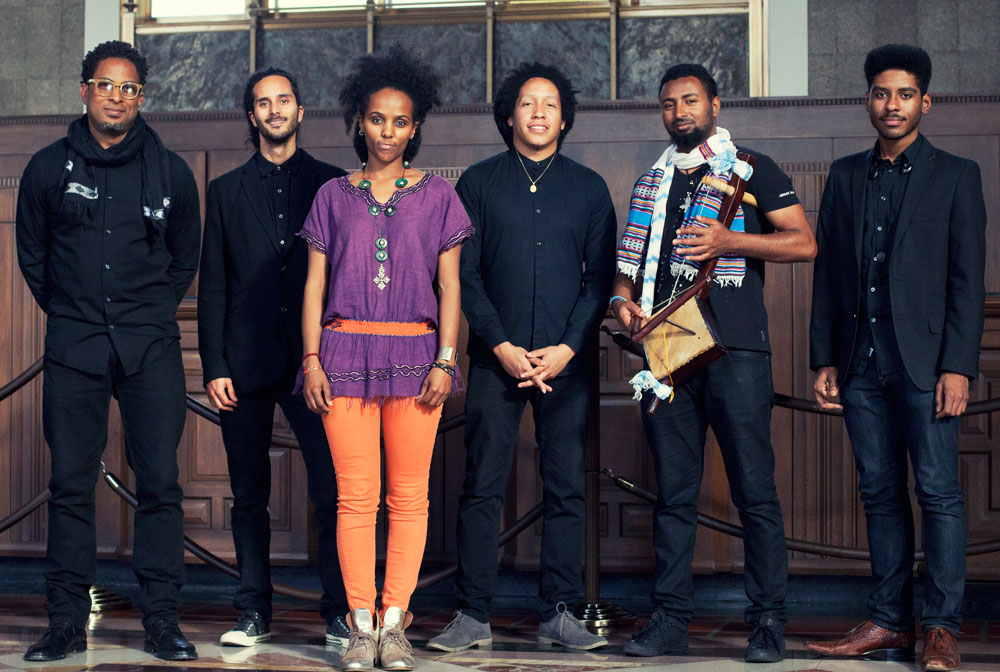
KR: How did it feel to hear your music on a huge station like KCRW?
DS: I am incredibly grateful for KCRW and the DJs on that station. I am a huge fan of Anthony Valadez, Chris Douridas, Garth Trinidad, Anne Litt, Jeremy Sole, Mathieu Shreiyer, Aaron Byrd, Gary Calamar and others who have been so gracious and supportive of my releases. Whenever I hear one of my tunes on that station, it is a surreal moment. We are lucky to have radio stations around the world like that.
KR: Are you touring?
DS: Not as much as I would like right now. I’ve started composing for a new Soundway record and I am less available to play shows as I create. Wondem is however booked to play the Uberjazz Festival in Hamburg Germany this year so I have something on the horizon. I am also currently looking for the right agent to help ignite Wondem domestically and internationally.
KR: How has your life changed since the release of the project?
DS: Yes. Interesting question. Keep in mind that Wondem was turned into my label Soundway before I had ever traveled to Africa. It was more of an ode to or study exercise of East African music. Since visiting the continent, I’ve become more and more interested in having my music speak to both the uplift of the African diaspora as well as to the marginalization and underrepresentation of African cultures worldwide. Wondem has me keenly aware of my responsibility as an African American man to leave this planet more empowered than the way I found it, so to speak.
KR: What advice would you give to other people over 40 on pursuing their true desires in life?
DS: Be encouraged and be lead from within. That pursuing one’s passion in life is exercising your God-given gifts. Find time to mentor the youth as you would mentor yourself but die trying to achieve your highest, most evolved self.
KR: How does it feel to be in control of your own destiny?
DS: Liberating.
KR: What’s next for the group?
DS: Going deeper and deeply embodying the music we play. Being connected to the source of it and having people experience that. Releasing the new record in 2017 and spreading the love and joy we feel about it around the world.
KR: How can our readers hear and buy your album?
DS: Wondem is available on Bandcamp, iTunes, Amazon or directly from the label at https://www.soundwayrecords.com/Shop/PhysicalDetails?pid=SWR_PH_147. We just released Wondem Remixes and there is also a 7″ single featuring Kamasi Washington available online.
KR: Anything Else?
DS: Kevin, thank you for getting the word out about our music. I acknowledge you for your support, longevity and dedication. We appreciate you and Radio Facts.
